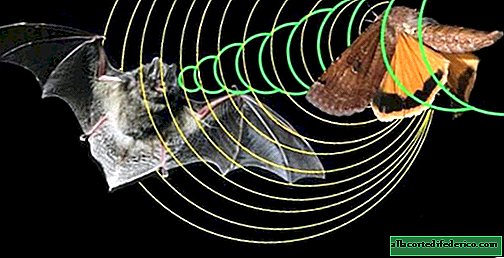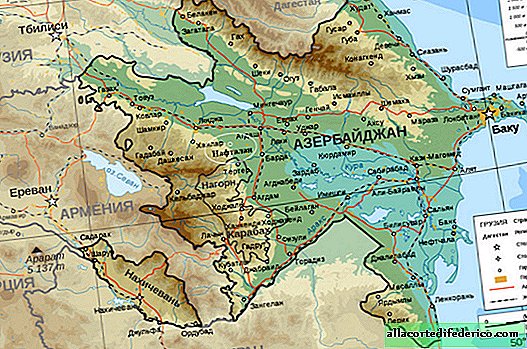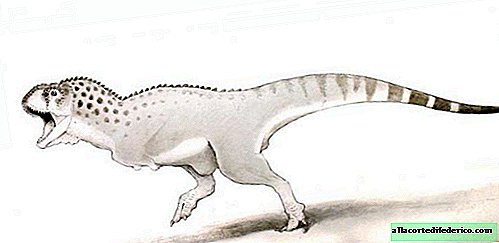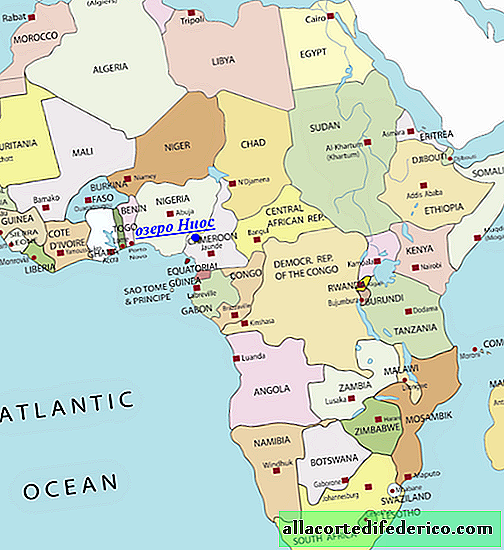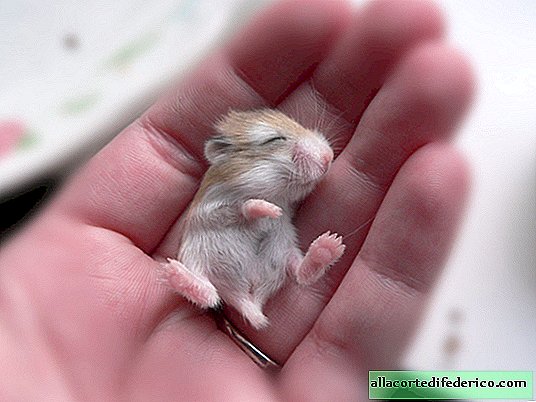Ecologists and vegetarians at the same time: why meat is not healthy
November 1 is International Vegan Day, and the whole of October has traditionally been considered the month that focuses on various aspects of vegetarianism. Various conferences and seminars held in connection with this are designed to draw the attention of mankind to the ethical side of meat consumption, while the problem of meat consumption has recently appeared yet another aspect - environmental. Indeed, according to experts, it is cattle breeding for the sake of meat and dairy products that has the most negative effect on the environment among all sectors of agriculture and the food industry as a whole.

Recently, the world community is seriously concerned about the problem of overpopulation of the planet with all the ensuing consequences: the problem of providing food and drinking water, as well as global warming, which is caused by excessive emissions of greenhouse gases. In this regard, scientists drew attention to the fact that meat production is a very harmful industry from the environmental point of view food industry, and here's why.

European researchers have analyzed data on the impact of the food industry on the ecology of our planet. Scientists, focusing on the fact that by 2050 the world's population will be 10 billion people, made a very unexpected at first glance conclusion: mankind should reconsider its diet and reduce meat consumption. This primarily applies to the United States, Europe and other developed countries of the world, where there is a high level of meat production and consumption.

The fact is that the global production of meat and other livestock products is growing every year. In the United States alone, according to experts, about 100 million pigs, 35 million cattle and more than 8 billion broiler chickens are raised annually. Of course, meat, eggs and dairy products provide the population with protein, but, according to scientists, this is extremely inefficient from an environmental point of view. For example, to produce 1 kilogram of beef requires 14 kilograms of grain, and even to get 1 kilogram of chicken takes 5 kilograms of grain. This is simply a barbaric waste, given the fact that about 1 billion people on Earth are regularly malnourished and lack food.

In addition to the cost of grain for growing animals, one should take into account the fact that animal husbandry, as a branch of agriculture, consumes a huge amount of water. So, for example, 15,000 liters of water are spent on the production of 1 kilogram of beef, and only 1,300 liters of water are needed to produce 1 kilogram of bread, and in the production of the same amount of tomatoes, only 180 liters of water will be needed. As you can see, the difference is enormous.

But not only environmentalists ganged up against excessive consumption of meat: doctors are also on their side. Indeed, according to numerous studies, meat products consumed in large quantities provoke the development of cardiovascular pathologies, and can also cause a number of oncological diseases. Nutrition experts have long been convinced that meat consumption should be limited to 1-2 times a week, and someone even believes that a complete rejection of meat will only benefit the body. And this is not only about adherents of various types of vegetarianism, but also about nutritionists who argue that it is much better for the body to get protein from fish, dairy products and eggs than from red or even white meat.

Environmentalists, in turn, argue that humanity will have to reduce meat production by 90% in the coming decades if people want to live on a planet suitable for life.

